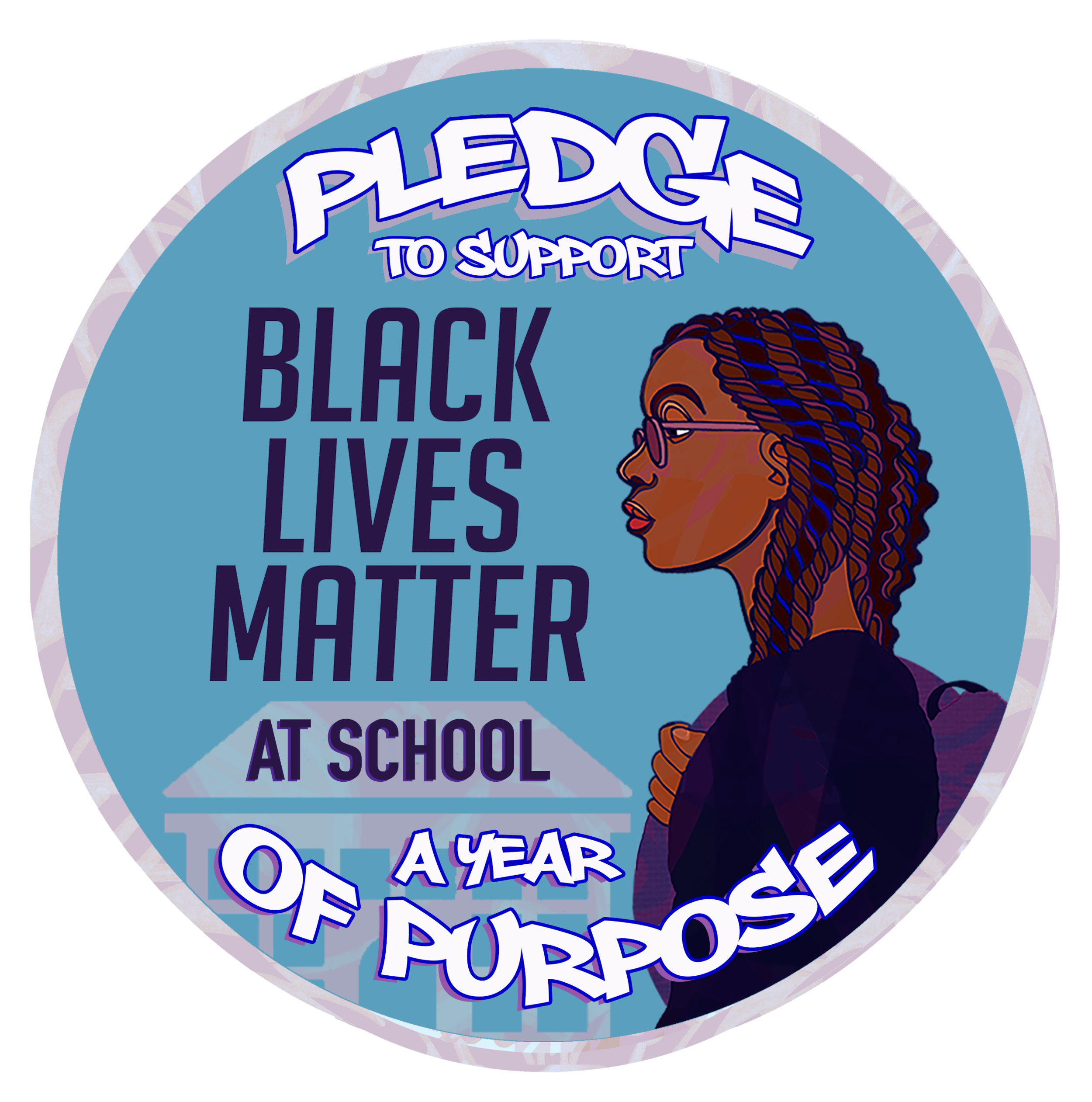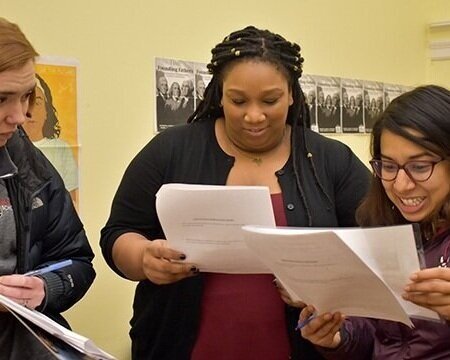From February 2–6, 2026, Teaching for Change's D.C. Area Educators for Social Justice, D.C. area educators, and community members will collaborate on the ninth annual D.C. Area Black Lives Matter at School Week of Action.
Featured Guiding Principles
As part of the guiding principles of Black Lives Matter at School, this year's featured guiding principles are Globalism and Loving Engagement, a call to remember that we are part of a global Black family, united in the ongoing struggle for education, justice, and liberation. In these challenging times, we are invited to lead with courage, compassion, and truth, while creating space for reflection, learning, and authentic connection. Together, we can honor our shared commitment to build communities grounded in love, interdependence, and collective care.
History of D.C. Area Black Lives Matter at School
This local week of action built on the momentum of past years’ successful weeks of action and the National Black Lives Matter at School Year of Purpose campaign in cities across the U.S. to promote a set of national demands based in the Black Lives Matter guiding principles that focus on liberation and racial justice in education for Black youth, educators, and all youth of color.
The Black Lives Matter movement is a powerful, non-violent peace movement that systematically examines injustices that exist at the intersections of race, class, and gender; including mass incarceration, poverty, non-affordable housing, income disparity, homophobia, unfair immigration laws, gender inequality, and poor access to healthcare.
The Uprising for Black lives prompted the Black Lives Matter at School movement to expand activities to a “Year of Purpose.” The centerpiece of the Year of Purpose is asking educators to reflect on their own work in relationship to antiracist pedagogy and abolitionist practice, persistently challenging themselves to center Black lives in their classrooms.
The goal of the Black Lives Matter at School Week of Action and Year of Purpose is to spark an ongoing movement of critical reflection and honest conversations in school communities for people of all ages to engage with critical issues of social justice. It is our duty as educators and community members to civically engage students and build their empathy, collaboration, and agency so they are able to thrive. Students must learn to examine, address, and grapple with issues of racism and discrimination that persist in their lives and communities.

















